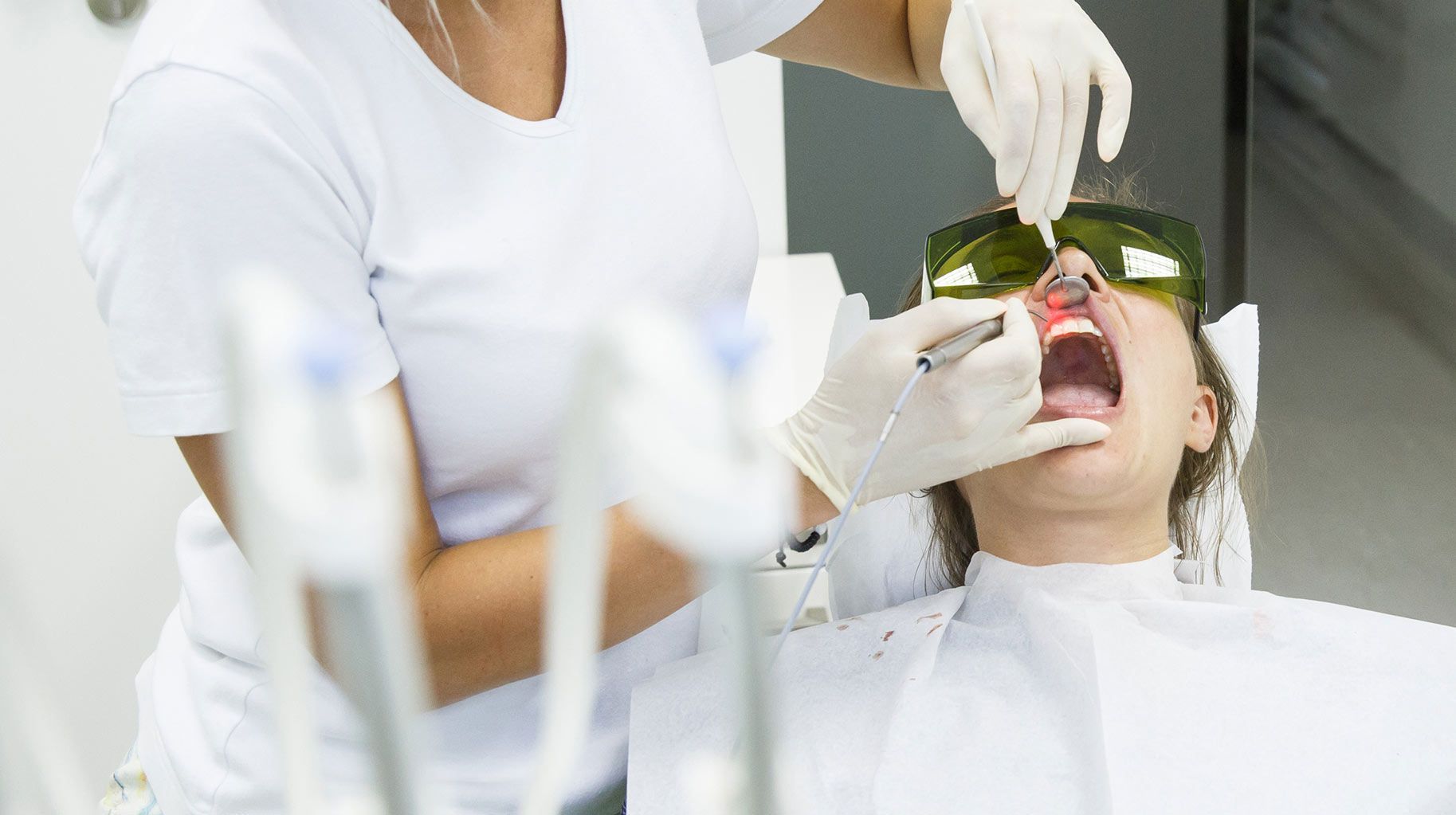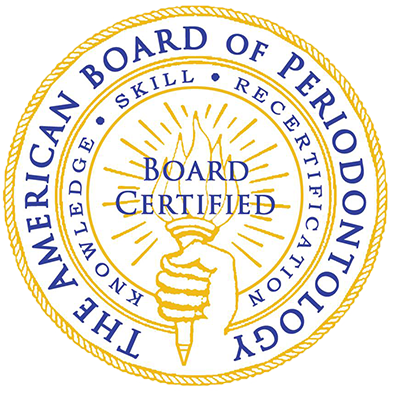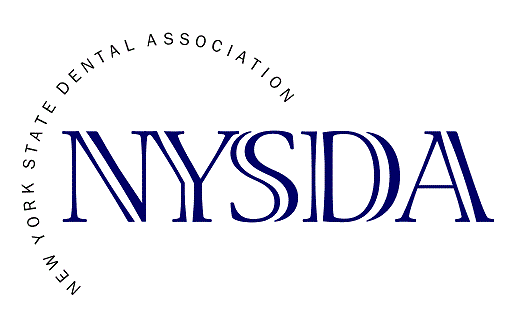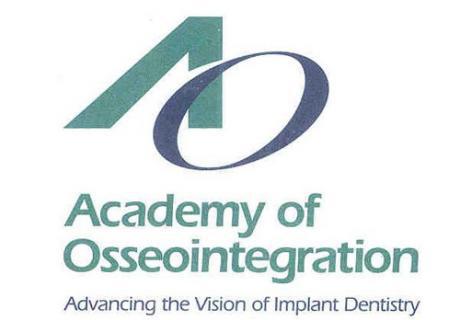Mythbusting Common Misconceptions About Gum Disease
By educating ourselves and others about gum disease's risk factors, symptoms, and consequences, we can take proactive steps to prevent it and seek timely treatment when necessary.

Gum disease, also known as periodontal disease, is a common oral health condition that affects millions of people worldwide. Despite its prevalence and potential impact on overall health, several misconceptions and myths surrounding gum disease can lead to confusion and misinformation. In this newsletter, we will address some common misconceptions about gum disease, such as whether it's hereditary or only affects older adults.
One common myth about gum disease is that it is solely hereditary and cannot be prevented. While genetics can play a role in a person's susceptibility to gum disease, it is not the sole determining factor. Just because someone in your family has gum disease does not mean that you are destined to develop it as well.
Various factors contribute to the development of gum disease, including poor oral hygiene, smoking, diet, and overall health. By taking proactive steps to maintain good oral hygiene, attend regular dental check-ups, and make healthy lifestyle choices, individuals can significantly reduce their risk of developing gum disease, regardless of their genetic predisposition.
Another misconception about gum disease is that it only affects older adults. While it is true that the risk of gum disease increases with age, it can actually affect individuals of all ages, including children and young adults. Poor oral hygiene practices, smoking, hormonal changes (such as during pregnancy), certain medications, and underlying health conditions can all contribute to the development of gum disease at any stage of life. It is important for people of all ages to be aware of the risk factors for gum disease and to take proactive steps to prevent and treat it.
One of the most damaging myths about gum disease is the belief that it is a minor dental issue that does not require treatment. In reality, untreated gum disease can have severe oral and overall health consequences. In the early stages, gum disease may present with symptoms such as bleeding gums, bad breath, and gum recession.
If left untreated, it can progress to more advanced stages, leading to tooth loss, bone loss, and an increased risk of systemic health problems. Seeking prompt treatment from a periodontist is essential for effectively managing gum disease and preventing further complications.
Another common myth about gum disease is the belief that overbrushing can cure or prevent it. While proper oral hygiene practices, including regular brushing and flossing, are crucial for maintaining healthy gums, overbrushing or using a too-hard toothbrush can harm the gums and exacerbate gum disease.
It is important to brush gently, using a soft-bristled toothbrush and a fluoridated toothpaste, and to floss daily to remove plaque and prevent gum disease. Consulting with a dental professional about the most effective oral hygiene routine for your needs can help ensure that you take the best care of your gums.
Lastly, there is a misconception that gum disease is not a serious health concern. In reality, gum disease has been linked to a variety of systemic health problems, including heart disease, diabetes, respiratory infections, and pregnancy complications. The inflammation and bacteria associated with gum disease can enter the bloodstream and affect other parts of the body, contributing to these serious health conditions. By effectively managing gum disease through proper treatment and ongoing maintenance, individuals can improve their oral health and reduce their risk of developing these systemic health problems.
In conclusion, it is important to address and dispel the common misconceptions surrounding gum disease in order to promote better understanding and awareness of this prevalent oral health condition. By educating ourselves and others about gum disease's risk factors, symptoms, and consequences, we can take proactive steps to prevent it and seek timely treatment when necessary.
Remember that gum disease is not solely hereditary; it can affect individuals of all ages, requires prompt treatment, should be managed with proper oral hygiene practices, and has serious implications for overall health. If you have concerns about your gum health or suspect that you may have gum disease, don't hesitate to contact a periodontist for a thorough evaluation and personalized treatment plan. Your gums and your overall health will thank you for it.




















